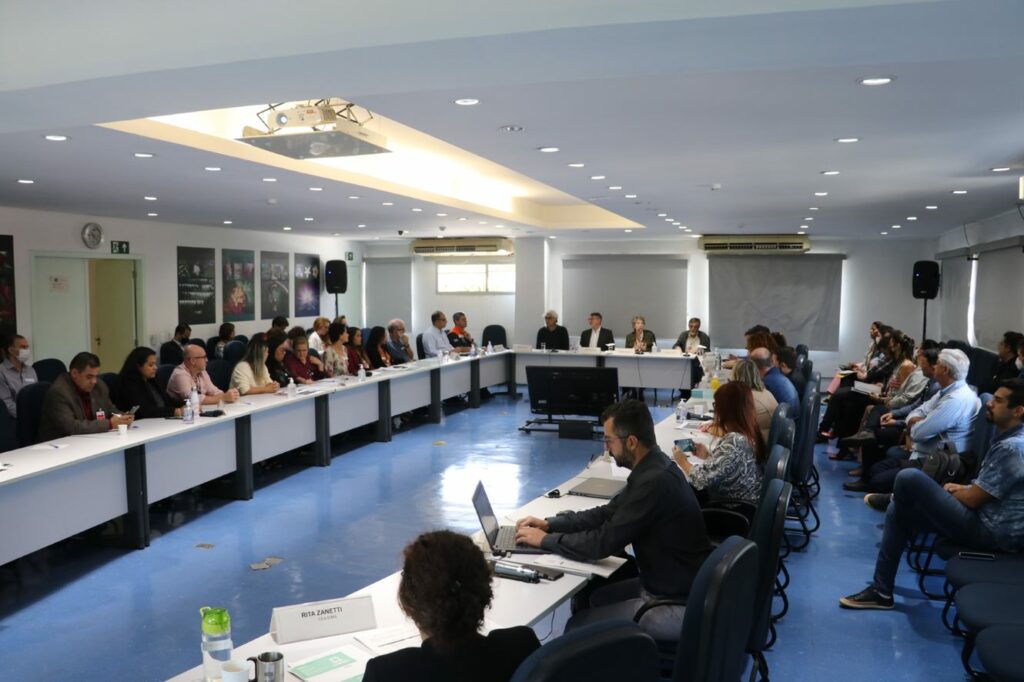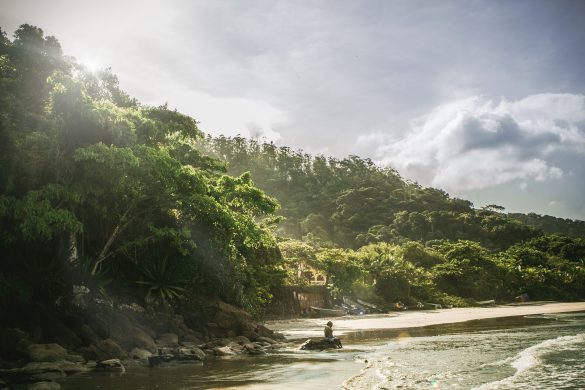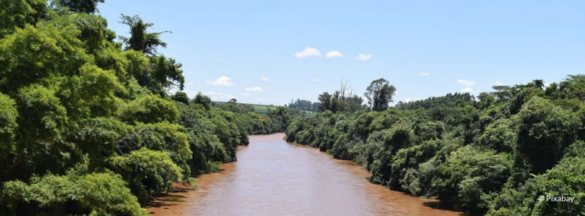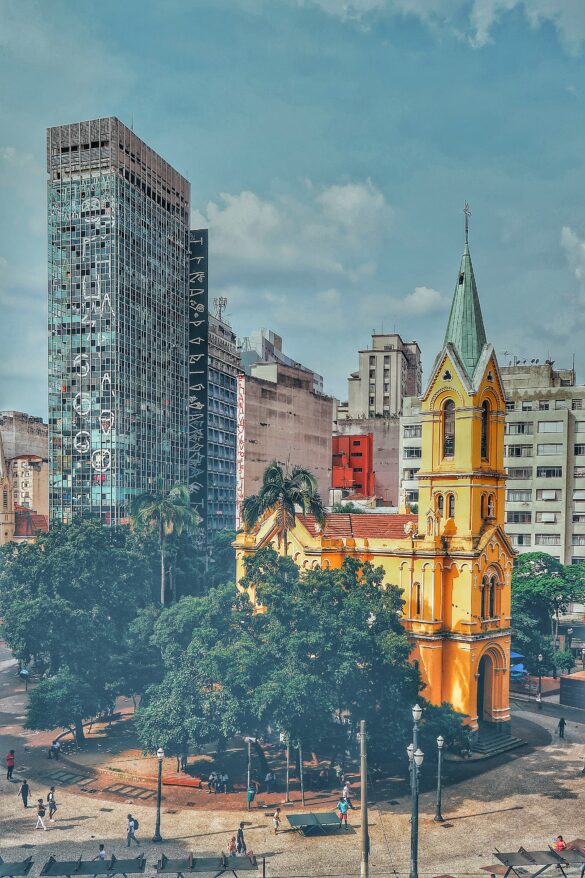The Government of the State of São Paulo, in partnership with 12 other municipalities, delivered, in the first half of this year, the Municipal Climate Resilience and Adaptation Plans, as a result of the Municipalities Resilient PMPR Project. The neighbors and technicians participated in training and advice to list priorities in actions to face the effects of climate change in their municipalities.
Representatives of the municipalities of Baixada Santista are working together to map local vulnerabilities and establish adaptation and resilience strategies in the region. The work is carried out by the Secretariat of Infrastructure and Environment of the State of São Paulo, in partnership with the German Cooperation for Sustainable Development agency (GIZ).
The effects of global and regional climate change are being considered in the project. The impacts caused by the loss of biodiversity threaten not only economic activities but also the ecosystem services provided by nature, such as local microclimate regulation, air quality, containment of erosion and soil fertility, biological control of pests, pollination and food production, water cycles, among many other benefits.
The work involves environmental actions within the challenges of the urban reality and the fight against social inequality since the most socially vulnerable populations are also the most impacted by climate change and form the majority of residents in risk areas.
In this context, it is worth mentioning the example of Americana, which established in its plan the georeferenced mapping of all water sources in the municipality. This work is intended to involve several departments and the population in the recovery, the preservation of these sources, and to increasing local water security.
Some municipalities have prioritized reducing the risk of flooding. They set as a goal the fulfillment of the drainage and sanitation plan, suggesting the construction of swimming pools, in addition to the preservation of green areas, the intensification of Civil Defense activities with the expansion of the evacuation alert system, mainly in vulnerable communities.
While other municipalities will work to reduce heat waves by densifying the vegetation on the banks of rivers, forests, and parks. Expand the reuse of rainwater with the construction of cisterns, intensify educational campaigns, and install green roofs and urban gardens. In short, several examples that could be replicated in the Baixada or in any other municipality in the country.
These are just a few samples of the importance of Plans developed with technical criteria, using the best climate science and Ecosystem-Based Adaptation (EBA).
The Regional Plan for Resilience and Climate Adaptation of Baixada Santista will serve as another instrument for raising funds.

The works are the result of the pioneering Project Municipalities Resilient Paulistas (PMPR) developed by the Secretariat of Infrastructure and Environment of the State of São Paulo in partnership with the German Cooperation for Sustainable Development (GIZ). The project will make the state database available and accessible so those city halls can identify vulnerabilities related to climate change.
The project is being developed with 13 municipalities and 10 regions, selected on the basis of rigorous technical criteria, for an initial qualification and training program to be given by technicians from SIMA and GIZ, an initiative that will progressively extend from 2022 to all other municipalities in the state.





